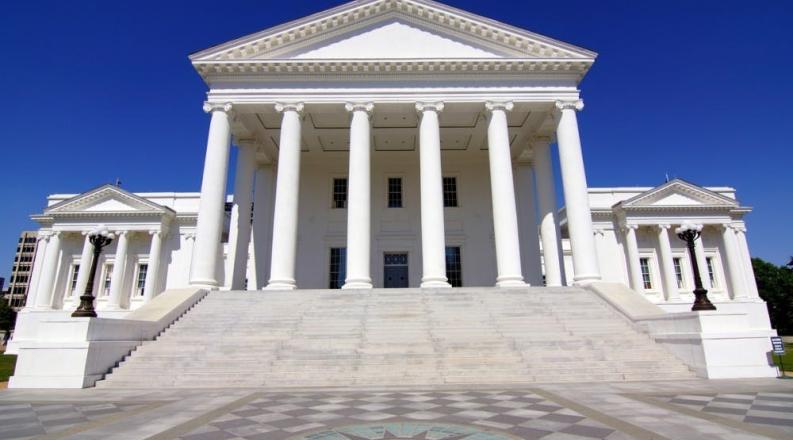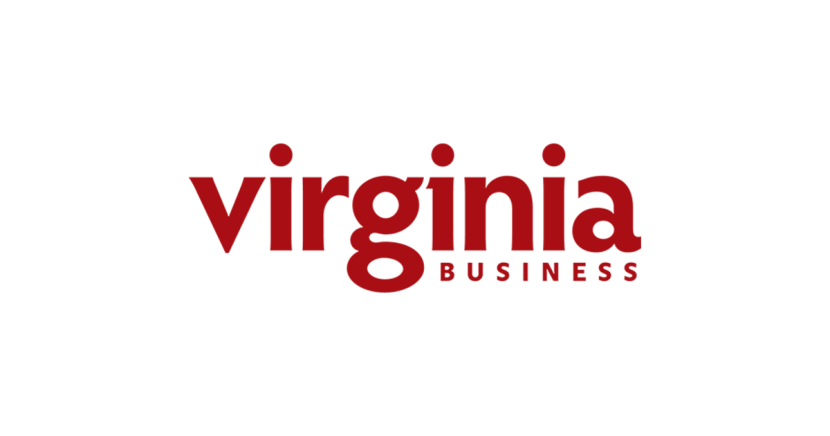After the 2020 State of the Commonwealth Report focused intensely on the COVID-19 pandemic, this year's seventh annual report, produced by Old Dominion University's Dragas Center for Economic Analysis & Policy, will focus intently on ... the COVID-19 pandemic.
The influential annual snapshot of Virginia's economy and other quality of life indicators will be released online on Dec. 19 through the Dragas Center WEBSITE.
Even as a "way forward" through the pandemic has been demonstrated by the effectiveness of the largest vaccine program in the world's history, the state still faces many challenges connected to COVID, from vaccine resistance to highly contagious new variants. Therefore, the first and most comprehensive chapter of the State of the Commonwealth Report examines the impact of the pandemic, the ongoing recovery and the prospects for continued growth in 2022.
Chapters on the uneven recovery in different regions and tourism's bounce back in the state will also feature COVID-19 prominently. But like every year, the State of the Commonwealth Report features chapters on other topical subjects that affect life in Virginia.
The 2021 State of the Commonwealth Report is divided into six parts:
Inflection Point? COVID-19, Vaccines and the Recovery
To say that most Virginians would prefer to forget 2020 might be an understatement. The COVID-19 pandemic threw tens of thousands of Virginians out of work, shuttered businesses and abruptly transitioned much of education into the new world of remote learning. As 2021 draws to a close, the story has transitioned to one of recovery.
A Recovery at Different Speeds: Virginia's Metropolitan Areas
Virginia's economic recovery in 2021 is driven by the performance of some, but not all, of its metropolitan areas. While Hampton Roads and Richmond have trailed the performance of the state and nation since the onset of the pandemic, smaller metros like Blacksburg and Winchester have recovered jobs more quickly.
Bounce Back? The Pandemic and Tourism in Virginia
For the hotel industry in Virginia, the last 24 months have been challenging in a number of ways. The pandemic and associated social distancing measures resulted in a collapse of visitors and revenue in the spring of 2020. How have markets in Virginia performed during the pandemic, and will 2022 bring good news to a battered industry?
Let It Ride: Casinos, Online Betting and the Future of Gambling in Virginia
In 1987, Virginia voters approved the state lottery, bringing legalized gambling to the commonwealth. By 2021, Virginians could buy lottery tickets online, place sports bets on their phones, wager in historical horse racing parlors and play "gray market" machines in convenience stores, restaurants and bars. Now, with casinos opening soon in Bristol, Danville, Norfolk and Portsmouth, the benefits and costs of casinos in the state will be examined.
Viewed Through a Different Lens: Evaluating Virginia Higher Education
Institutions such as the University of Virginia, Virginia Tech and William & Mary historically have filled important roles in the commonwealth. As the employment needs of the modern workforce change, the report explores what the future may hold for higher education in Virginia.
The Winchester Metropolitan Area Outperforms the Commonwealth
Conversations about growth in Virginia often center around the metropolitan areas of Hampton Roads, Northern Virginia and Richmond. Forgotten in these discussions is how the smaller metropolitan area of Winchester has outperformed other areas in the state.






